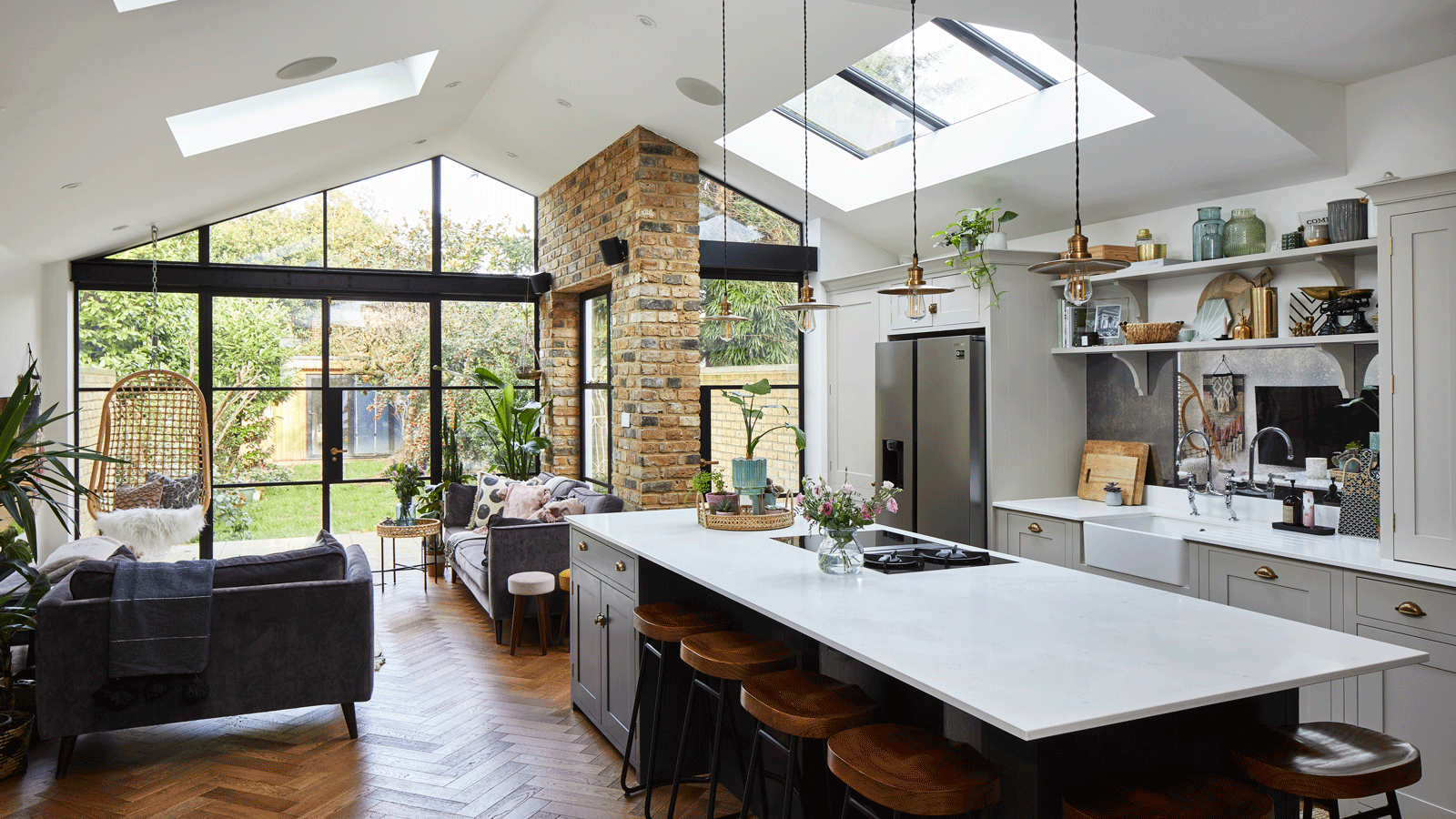
The need to prevent homelessness is sadly becoming increasingly common in the UK, and is often the result of a person having no family or friends to turn to in case of a financial emergency. Whatever your circumstances, financial or personal, there are steps you can take to avoid this most stressful of situations. Use this guide to get the help you need.
For more property advice, visit our dedicated page.
The first steps towards preventing homelessness
If you are facing homelessness (for example via eviction), if discussions with your landlord or lender have come to nothing (read our features on what you need to know about mortgages and divorce and how to stop house repossession for more on this), or you already have nowhere to go, your first port of call should be your council. You lodge a homelessness application with them, and the council will work out a housing plan based on your current situation and eligibility.
If you qualify, you may be put in emergency accommodation, such as a B&B or private rental, with the possibility of an eventual offer of longer-term housing. Bear in mind that not everyone automatically qualifies for emergency or long-term accommodation from the council. The council will need to determine that you satisfy the following five criteria before offering you accommodation:
1. Homeless status
You don't have to be already physically homeless at the time of your application to the council, although if you are, you can go straight to the council with proof of ID and any other documents explaining/proving your situation. To be deemed legally homeless, you must be in one of the following situations:
- you've evicted or asked to leave by family or friends;
- you are fleeing a violent domestic situation;
- your home is uninhabitable due to damage from flooding or fire;
- you are sleeping rough.
You are not eligible if you are only threatened with homelessness/still intend to live in your home.
2. You have the legal right to live in the UK
To qualify for council accommodation, you have to be either a UK citizen or permanent resident, (currently) an EU citizen, or a non-EU citizen whose conditions of stay do not forbid the claiming of benefits.
3. You are classed as having a 'priority need' for housing
Unfortunately, councils cannot provide everyone with housing; in order to qualify, you will need to fall into one of the following 'priority need' categories:
- a pregnant woman;
- a parent or family with children under 16, or under 19 if the children are in full-time education;
- a care leaver aged 18 to 20;
- a person made homeless by a fire or flood;
- a vulnerable person, i.e. someone whose physical or mental condition would make homelessness especially difficult.
You can challenge the council's decision not to put you in priority need, but you'll need something to base your challenge on, such as a letter from you GP explaining why homelessness would exacerbate your health condition.
If you've met the first three conditions, the council will put you in emergency accommodation.
4. You are homeless through no fault of your own
If you have failed to pay your mortgage or rent when you could have afforded to, were evicted for anti-social behaviour, or chose to leave your home when you could have reasonably stayed, the council may deem that you are intentionally homeless. This would disqualify you from an offer of longer-term accommodation, but, if you've met the first three criteria, you can still be put in temporary accommodation.
5. You have ties to the local area
This is another criterium essential to being offered longer-term accommodation. The council will assess your situation based on where you work and how long your commute is, where your children go to school, whether you have family/friends in the area and whether you have any healthcare needs in the area.
In some cases, the council may not be able to house you in your local area; however, they cannot move you to an area where you'd be at risk from domestic violence or other forms of abuse.
If you have nowhere to stay tonight
Contact one of the following organisations for emergency help if you don't qualify for council help:
More property advice:
Join our newsletter
Get small space home decor ideas, celeb inspiration, DIY tips and more, straight to your inbox!
Anna is a professional writer with many years of experience. She has a passion for contemporary home decor and gardening. She covers a range of topics, from practical advice to interior and garden design.
-
 Housing market forecast: home buyers are rushing to beat rising mortgage rates
Housing market forecast: home buyers are rushing to beat rising mortgage ratesThe latest housing market forecast reveals a new factor in a hot market – steadily rising mortgage rates
By Anna Cottrell
-
 Before & after: A broken-plan layout completes this Edwardian terrace
Before & after: A broken-plan layout completes this Edwardian terraceThese happy bunnies have the best of both worlds. Divide and conquer
By Ellen Finch
-
 This dark and dramatic house just oozes original charm
This dark and dramatic house just oozes original charmThe color choices for this gorgeous Victorian home may seem bold, but just take a tour and you'll be reaching for the deep teal paint too...
By Ifeoluwa Adedeji
-
 These are the items you’re most likely to lose when moving house - and one could be seriously costly
These are the items you’re most likely to lose when moving house - and one could be seriously costlyDon't miss these off your checklist come moving day
By Millie Hurst
-
 A new survey reveals the one room we'd add to our home if money were no object
A new survey reveals the one room we'd add to our home if money were no objectBecause you can never have too many books
By Millie Hurst
-
 This is what a dream home looks like in 2021 (Hint: there's a fire pit)
This is what a dream home looks like in 2021 (Hint: there's a fire pit)Get ready for the home office of dreams
By Millie Hurst
-
 This HGTV 'Home Town' house is on the market for under $200k
This HGTV 'Home Town' house is on the market for under $200kSee what this Laurel, MS. house from HGTV's Home Town looks like today (and make it yours for under $200,000)
By Grace Stetson
-
 This sunbelt city is the top destination for homebuyers looking for value – and sun
This sunbelt city is the top destination for homebuyers looking for value – and sunBuyers on the move are choosing these Southern cities in what is beginning to be known as the Sunbelt Surge
By Anna Cottrell